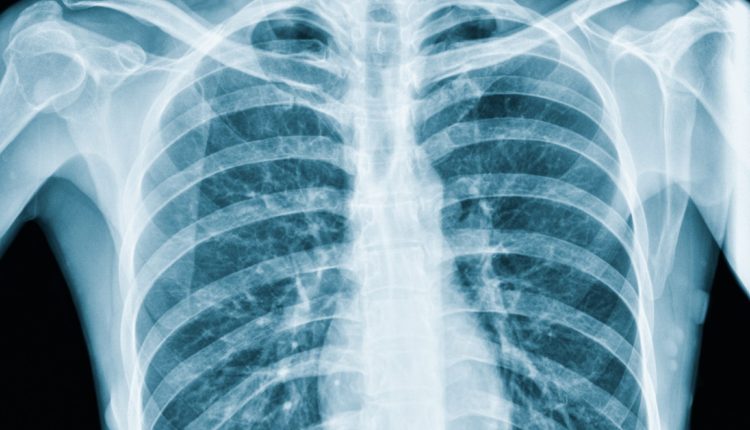Meet ‘ChestLink’, The First Autonomous AI Medical Imaging Application by ‘Oxipit’ That Received CE Mark Approval in the EU
Pitch your startup story at [email protected] Please don't forget to join our ML Subreddit
The most common diagnostic imaging test conducted in emergency rooms is chest radiography. Providing automated preliminary read helpers to physicians might speed up surgery, enhance accuracy, and lower healthcare costs.
An artificial intelligence tool that interprets chest X-rays without the intervention of a radiologist received regulatory approval in the European Union this week, marking a first for a wholly autonomous medical imaging AI, according to ‘Oxipit‘, the developer of this tool. It’s a watershed moment for AI, and it’s more than likely to spark debate, given that radiologists have spent the last few years working to fully automate parts of their jobs.
The program, known as ChestLink, analyses chest X-rays and automatically delivers patient reports to individuals in excellent health with no difficulties. Any images flagged by the program as having potential issues are sent to a radiologist for review. Most X-rays in primary care are trouble-free; thus, automating the process for these scans should reduce radiologists’ workloads, according to informative materials from the Oxipit.
In the EU, ChestLink now has a CE label, which indicates that it complies with security criteria. The certification is similar to FDA clearance in the United States, but a few key differences are: a CE mark is quicker to get, takes less time, and requires less investigation than an FDA clearance. The FDA examines a device to see if it is safe and effective, and it frequently requests further information from manufacturers.

Autonomous radiology units, on the other hand, are a hot topic. The FDA has already certified autonomous AI units, beginning in 2018 with a program that may identify diabetes-related eye concerns (the identical software acquired a CE mark in 2013). After an FDA workshop on synthetic intelligence in medical imaging in 2020, the American Faculty of Radiology and the Radiological Society of North America produced a joint letter claiming that autonomous AI wasn’t ready for scientific usage, arguing that autonomous AI wasn’t prepared for scientific use. They said that AI applications were too inconsistent up to this time and typically failed to perform as well on groups of patients outside of the specific circumstances in which they were designed.
According to Oxipit, ChestLink made zero “clinically relevant” mistakes during trial applications in various sectors. When it’s first deployed in a new environment, the company recommends assessing existing imaging programs. The program should then be operated under supervision before being left to work on its own.
According to the company, primary healthcare organizations are expected to utilize self-driving software by 2023.
Conclusions
The AI and radiology communities will benefit from this diagnostic investigation in various ways. First, many clinicians were involved in the study’s design and implementation, demonstrating the importance of radiologists and clinical specialists in creating AI algorithms. Second, due to the wide range of results identified in an extensive training data set obtained from several hospital sources, confounding variables related to concealed stratification within anomalies were more thoroughly addressed than any previous effort.
References:
- https://oxipit.ai/
- https://www.theverge.com/2022/4/5/23011291/imaging-ai-autonomous-chest-xray-eu-fda
- https://www.pr.com/press-release/858165
You can now promote your startup's Marketing/PR campaigns via Marktechpost. Reach out to 500,000+ AI Tech audiences globally. Reach us at [email protected]
Suggested
Credit: Source link


Comments are closed.